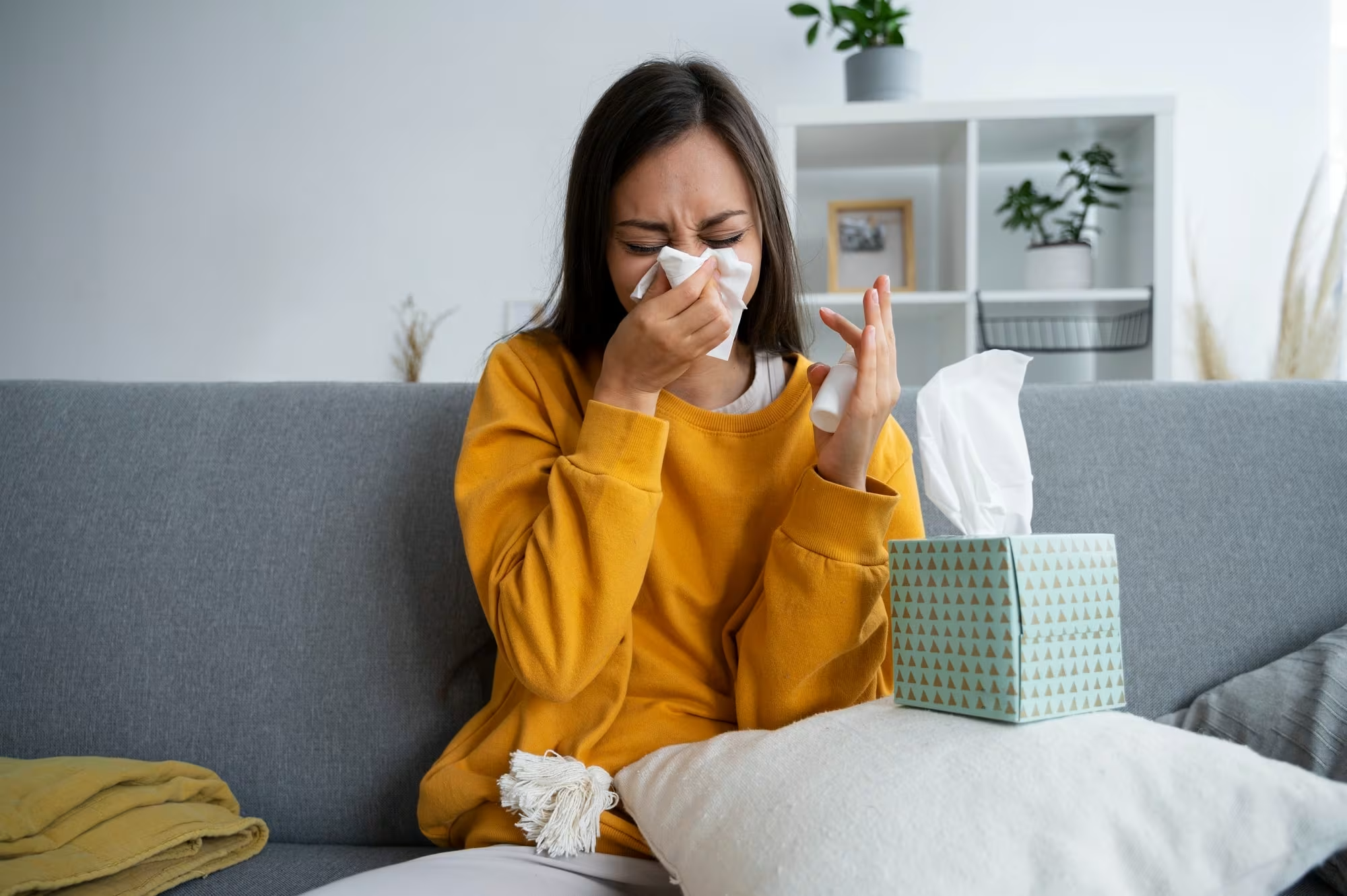
The NHS has confirmed that from January 2026, the chickenpox (varicella) vaccine will become part of the routine childhood immunisation schedule in England. Babies will receive it as part of a combined MMRV jab (measles, mumps, rubella, varicella), administered at 12 months and 18 months of age.
This marks the first time the chickenpox vaccine will be offered free of charge through the NHS, with the aim of protecting around 500,000 children each year from what is often thought of as a “mild” but potentially dangerous illness.
Chickenpox is caused by the varicella zoster virus and is well known for its itchy, spotty rash. While most children recover within 1–2 weeks, the infection can sometimes lead to complications, including:
Children with weakened immune systems, newborns, and pregnant women are at particular risk of serious illness.
Dr Gayatri Amirthalingam, Deputy Director of Immunisation at the UK Health Security Agency (UKHSA), described the rollout as “excellent news” that will help prevent severe illness and save lives.
Similarly, paediatric specialists have welcomed the change, pointing out that other countries — including the US, Germany, Canada, and Australia — have long included chickenpox vaccination in routine childhood schedules.
Several families have spoken publicly about the dangers of chickenpox:
These experiences highlight why vaccination is such an important step in protecting children.
Until now, parents who wanted to protect their children had to pay privately, with costs ranging from £100–£200 for the two-dose course.
At Private Medical Clinic, we already offer the chickenpox vaccine privately for children and adults who wish to be protected before the NHS rollout begins. This is particularly valuable for:
At Private Medical Clinic, our team of experienced doctors provides:
If you would like your child vaccinated against chickenpox before the NHS rollout, our team can arrange this quickly and safely.
📍 View our Private GP Services
📍 Explore our Vaccinations Services
The NHS introduction of the chickenpox vaccine in 2026 represents a major step forward in protecting children from avoidable illness. However, for families seeking protection sooner, private vaccination remains available now at Private Medical Clinic.

.avif)

